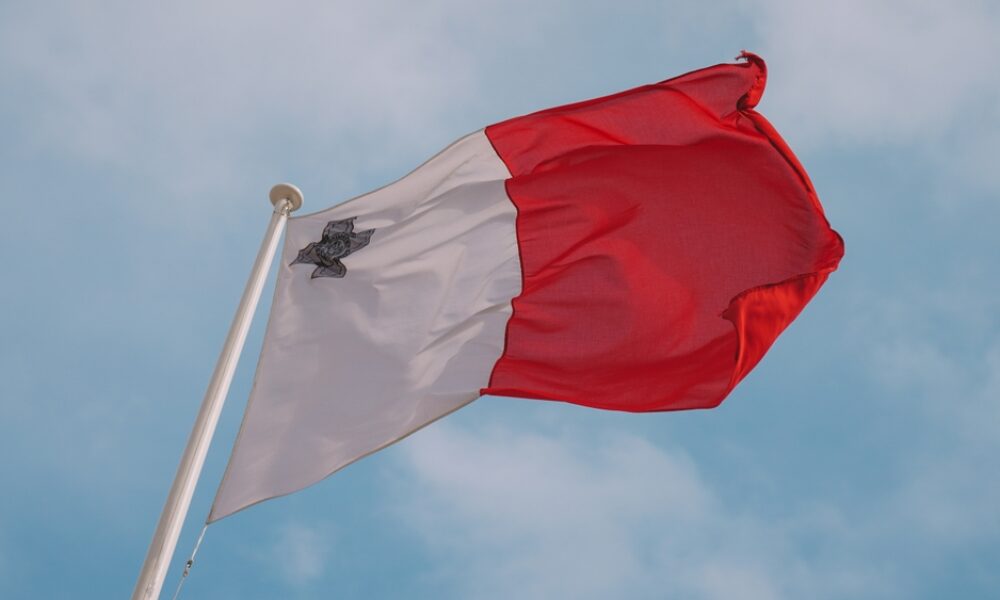For years, Malta has served as the springboard for online-gambling operators wanting to reach European customers without the bother of multiple national licences or, more importantly, paying taxes. Armed with a Maltese licence and the banner of EU free movement, these companies believed they could plant their flags across the continent, flouting national laws and regulations.
Two recent Opinions from Advocates General of the Court of Justice of the European Union suggest that this model may be living on borrowed time. Neither Opinion is binding, but together if they stand, they chip away at the assumptions that made Malta’s “export-licence” strategy viable. If you listen carefully, you can hear the hinges creaking on a window that is slowly, but surely, closing.
Advocate General Szpunar’s Opinion in FB v Lottoland (delivered earlier in 2025) began in Malta’s own courts. A German player, having lost money on online slots and secondary lottery products between 2019 and 2021, sued the Maltese operators for compensation, arguing that the games were illegal under German law and therefore any contract between the operator and the player were invalid.
The defendants raised familiar defences: their Maltese licences, the freedom to provide services under Article 56 TFEU, and Malta’s newly minted “Bill 55” (Article 56A of the Maltese Gaming Act), which allows Maltese courts to disregard foreign gambling judgments against Maltese licensees. They also accused the claimant of abusing EU law.
Szpunar was unconvinced. He noted that the “abuse of EU law” principle prevents the misuse of EU rights, not the enforcement of national consumer- protection rules. The German player’s claim, he said, was grounded in German law, which under the Rome I Regulation continues to govern consumer contracts even when a foreign law is chosen. Mandatory German provisions on gambling apply regardless.
Crucially, the Advocate General did not rule on whether Malta’s Bill 55 itself breaches EU law, because the Court had expressly not asked him to. The European Court of Justice limited his brief to procedural and interpretative questions, leaving the substantive compatibility of Bill 55 for another day.
In other words, the player’s right to claim restitution exists under German, not EU, law and invoking it is no abuse. The Advocate General added that Maltese courts are entitled to review whether German gambling law breaches EU law, but they must “exercise restraint” and disapply it only when it is “manifestly incompatible”.
The message was clear: Maltese judges and operators cannot simply hide behind Bill 55. They must still grapple with the substance of foreign gambling laws and consumers are not barred from bringing claims. While Szpunar left open the question of whether German restrictions themselves comply with EU law, his reasoning, if upheld by the full court, dismantles a major procedural obstacle to restitution claims.
For operators, that means greater exposure. The supposed “shield” of Maltese legislation offers little comfort when the Advocate General himself has drawn a map around it.
The window closed a little more when Advocate General Emiliou issued an Opinion in Mr Green v TQ last month. The case was a similar story: a Maltese-licensed operator providing online games of chance in Austria without an Austrian licence. Again, the player was seeking the return of his losses, because the gambling service was illegal under Austrian law and therefore the contract was invalid; the company invoked its Maltese authorisation and the freedom to provide services.
Emiliou examined the issue in the context of the EU’s European Account Preservation Order Regulation, which allows creditors to freeze a debtor’s assets across borders if there is a real risk the assets might not be accessible for restitution. He found that Malta’s Article 56A, the very law intended to protect licence holders, could in fact demonstrate such risk.
What’s good for the goose is good for the gander, as the saying goes. If Maltese law prevents the enforcement of foreign judgments, a creditor can credibly argue that assets held in Malta are at risk of being out of reach. What Malta designed as a defensive wall might now serve as evidence for a pre-emptive strike.
In short, the Advocate General turned things upside down: By insulating its licensees from claims to repay players’ losses, Malta may have increased its licensees’ vulnerability.
Taken together, these Opinions signal a broader judicial mood. National regulators are tightening their grip; courts are showing little patience for the idea that a Maltese licence automatically grants market access elsewhere. Malta’s attempt to legislate away foreign enforcement is beginning to look like the Maginot Line of gaming regulation — formidable on paper, porous in practice.
Both Opinions preserve the formal niceties of EU law: The freedom to provide services remain, and Member States still must justify their restrictions. Yet in practical terms, the balance is shifting. Courts are prioritising consumer protection and the enforceability of national law over the theoretical purity of freedom to provide services.
Operators can no longer assume that “we’re licensed in Malta and you can’t touch us” will end the conversation. Nor can they rely on Maltese courts to refuse recognition of foreign judgments. The very existence of Bill 55 has become part of the case against them.
So what are the implications? If the CJEU follows its Advocates General, the consequences will ripple quickly:
- Restitution claims from consumers in Germany, Austria, and beyond are likely to increase.
- The freezing of operators’ assets held outside Malta may become easier to obtain as courts perceive greater enforcement risk.
- Maltese operators will find themselves caught between conflicting obligations, shielded at home, but exposed abroad.
- Funders and claim aggregators will take note; litigation risk will rise and so will its cost.
For investors, compliance officers, and boards, the message is unambiguous: The model that worked for 20 years or more is under strain. What was once regulatory arbitrage now looks increasingly like legal exposure.
Malta’s gaming sector has thrived on offering a one-stop licence for Europe. That business proposition depends on the rest of Europe quietly tolerating it. These two Opinions suggest that the tolerance is wearing thin.
Whether the CJEU ultimately follows its Advocates General remains to be seen, but even the debate reveals the direction of travel. The freedom to provide services is not a carte blanche; national public-interest laws can still bite.
The window through which Malta-licensed companies reached European consumers remains ajar, but the breeze is getting colder and the window might just shut.


